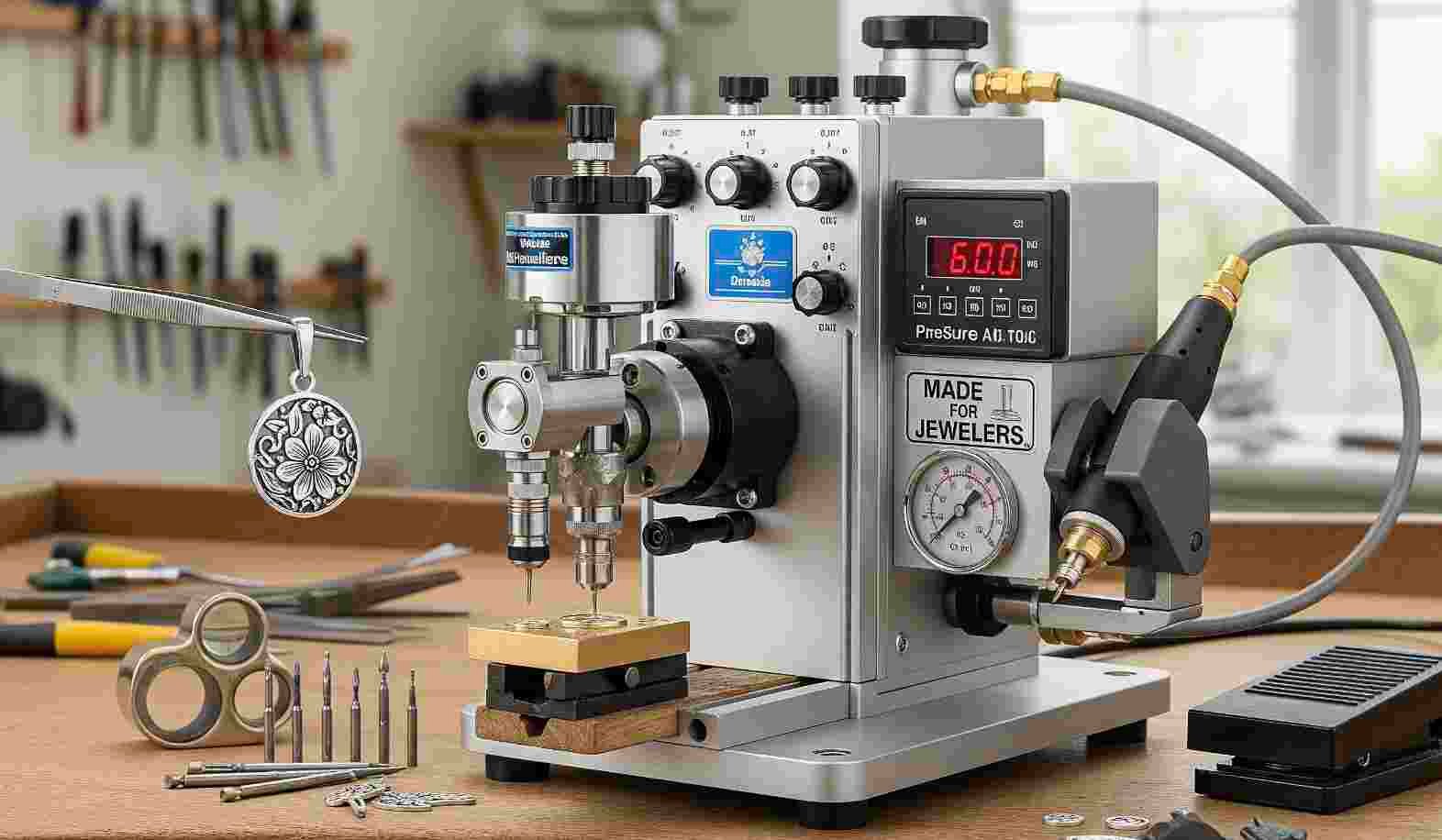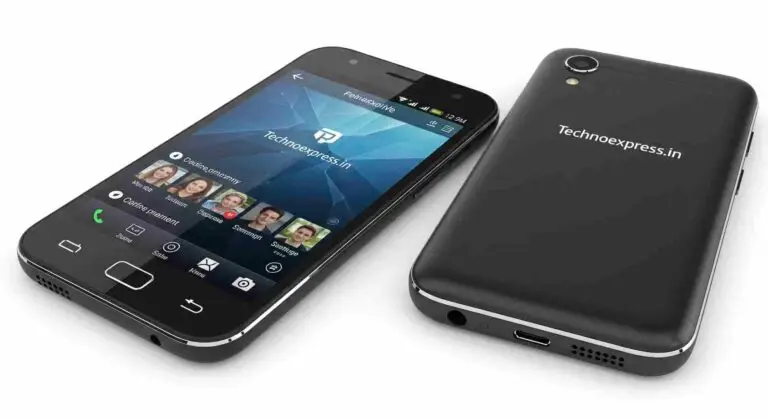Jewelry Pneumatic Engraving Machine: A Powerful Tool for Precision Engraving 2025
In the intricate world of jewelry design, precision is everything. When it comes to adding personalized touches—like names, dates, or intricate designs—engraving is the key. One tool that’s revolutionizing this process is the Jewelry Pneumatic Engraving Machine.
These machines combine the power of air pressure with precision hand tools, offering jewelers unmatched control and speed. Whether you’re a professional artisan or a hobbyist expanding your workspace, understanding how these machines work and why they matter can take your craft to the next level.
What Is a Jewelry Pneumatic Engraving Machine?
A Jewelry Pneumatic Engraving Machine is a specialized engraving tool powered by compressed air. Instead of manually pushing a graver (engraving tool) through the metal, pneumatic systems use bursts of air to move the graver with controlled force and speed. This makes engraving smoother, more efficient, and less tiring for the hand.
Key Components Include:
- Handpiece: The main tool used for engraving.
- Compressor: Provides the air pressure that powers the handpiece.
- Control unit: Lets the user adjust airflow and speed.
- Foot pedal or touch switch: For starting and controlling the engraving action.
Why Choose Pneumatic Over Manual Engraving?
Manual engraving has been around for centuries, but it’s time-consuming and physically demanding. Pneumatic engraving offers several major advantages:
- Speed: Engrave complex designs much faster.
- Precision: More control over depth and line weight.
- Consistency: Easier to replicate patterns and shapes.
- Less fatigue: Minimal physical effort compared to pushing tools manually.
For jewelers working on rings, pendants, watches, and custom metal pieces, a pneumatic engraver is a game-changer.
Best Uses for a Jewelry Pneumatic Engraving Machine
1. Custom Jewelry Design
Easily engrave initials, birthdates, or meaningful symbols onto rings and lockets. Fine control allows for elegant scripts and complex patterns.
2. Stone Setting
Some machines are designed for micro-pavé stone setting, helping you precisely place tiny diamonds or gemstones.
3. Repair Work
Restoring vintage jewelry often requires engraving touch-ups—pneumatic tools help recreate original details accurately.
4. Watchmaking and Luxury Metalwork
Used in luxury industries where every detail counts. The machines allow artists to etch intricate textures and engravings on high-end pieces.
Popular Brands and Models
Some of the most trusted brands in the jewelry engraving space include:
- Gesswein
- GraverMach AT
- Lindsay AirGraver
- GRS Tools
Each has different features—some prioritize power, others focus on noise reduction or compact design. It’s essential to match your machine with your skill level and intended use.
Buying Guide: What to Look For
If you’re in the market for a Jewelry Pneumatic Engraving Machine, here are the key things to consider:
- Compressor Type: Look for quiet, low-maintenance compressors.
- Handpiece Ergonomics: Choose a tool that fits your hand comfortably.
- Adjustability: Speed and pressure control help adapt to different metals.
- Foot Pedal vs. Touch Control: Choose what feels more intuitive for your workflow.
- Support & Training: Some brands offer tutorials or customer service that’s helpful for beginners.
Maintenance Tips
To keep your machine running smoothly:
- Clean your handpiece regularly.
- Check and drain your air compressor’s moisture trap.
- Use high-quality air filters to prevent dust and particles.
- Store your tools in a dry place to avoid rust or corrosion.
Proper care not only extends the life of your machine but also ensures consistent engraving results.
FAQs About Jewelry Pneumatic Engraving Machines
Q.1 What materials can I engrave with a pneumatic engraving machine?
You can engrave gold, silver, platinum, stainless steel, titanium, and even softer materials like copper and brass.
Q.2 Is a Jewelry Pneumatic Engraving Machine suitable for beginners?
Yes! While there’s a learning curve, many models are beginner-friendly and include adjustable settings, tutorials, and training programs.
Q.3 How much does a pneumatic engraving machine cost?
Prices range from $400 for basic models to over $2,000 for professional-grade machines. Compressors may be sold separately.
Q.4 Do I need an air compressor to run a pneumatic engraver?
Yes. A compatible air compressor is essential to power the engraving handpiece. Look for quiet compressors made for jewelry or dental tools.
Q.5 Can I use the same machine for stone setting and engraving?
Many pneumatic machines support both, but you may need different handpieces or tips for specific tasks.
Conclusion
A Jewelry Pneumatic Engraving Machine is more than just a tool—it’s a gateway to precision, artistry, and creative freedom. Whether you’re creating one-of-a-kind pieces or handling bulk custom orders, these machines elevate your craftsmanship and make the engraving process smooth and enjoyable.
As technology continues to support traditional arts, pneumatic engravers are helping jewelers blend time-honored skill with modern efficiency. If you’re looking to level up your jewelry work, investing in a pneumatic engraving machine might be the best decision you make this year.







